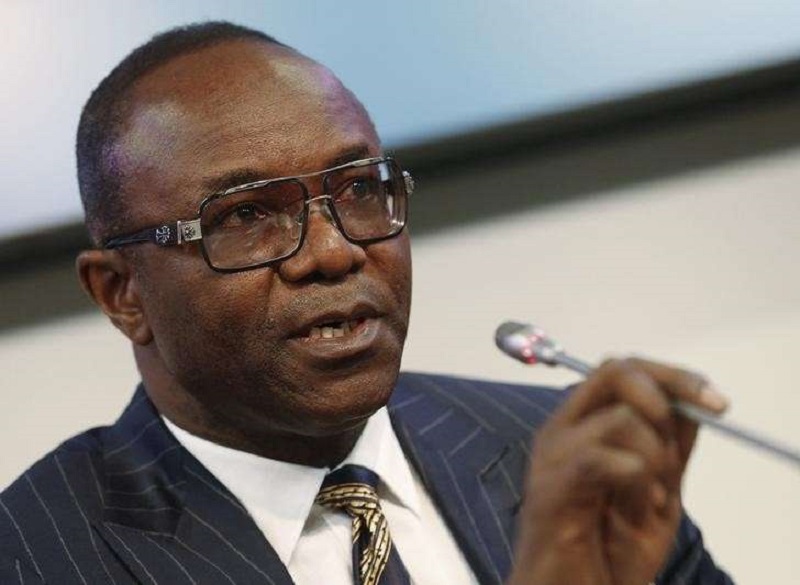Nigeria recovery in oil production will lead sub-Saharan Africa growth in 2017 – report
August 8, 20171.6K views0 comments
Despite plunging into recession for the first time in a quarter of a century due to weakened oil prices, a report by United Capital analysts has indicated that the tides are turning in favour of the Nigerian economy, adding that the country is expected to be a key driver in the sub-Saharan African growth in 2017.

The report entitled, “Nigeria Outlook H2-2017: After The Rain”, expects a marginal uptick in sub-Saharan growth in 2017, largely on the back of a low 2016 base.
“Growth will likely stay below historical trend with key drivers being the recovery in oil production in Nigeria, increased public spending ahead of general election in Angola, as well as a diminishing effect of drought in South Africa,” the report stated.
It also noted that in contrast to lack of decisiveness in policy actions and absence of pro-market reforms observed in the first 18 months of the Buhari-led government, a long list of market-friendly policy decisions has come through, including improved situation in the Niger-Delta region as domestic crude production gradually recovers to the psychological 2.0mb/d level.
Read Also:
Other market-friendly policies adopted by the government include the nation’s central bank, after many tumbles, finding a way around the FX market crisis.
The economy, according to the report, is poised for a comeback as investor confidence is strengthening and Nigeria seems to be open for business again.
Downsides to the outlook include the socio-political landscape, which according to the analysts remains volatile.
They recalled the unrest in the Niger-Delta region in 2016, which dragged domestic crude oil production to record low amid a lower oil price environment.
As a result, government revenue fell sharply as liquidity crisis set in the FX market, with headline inflation rate galloping to 18.5% and GDP falling -1.5%, thus plunging the economy into recession.
